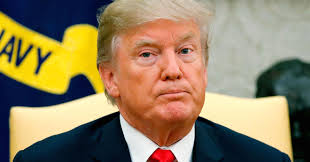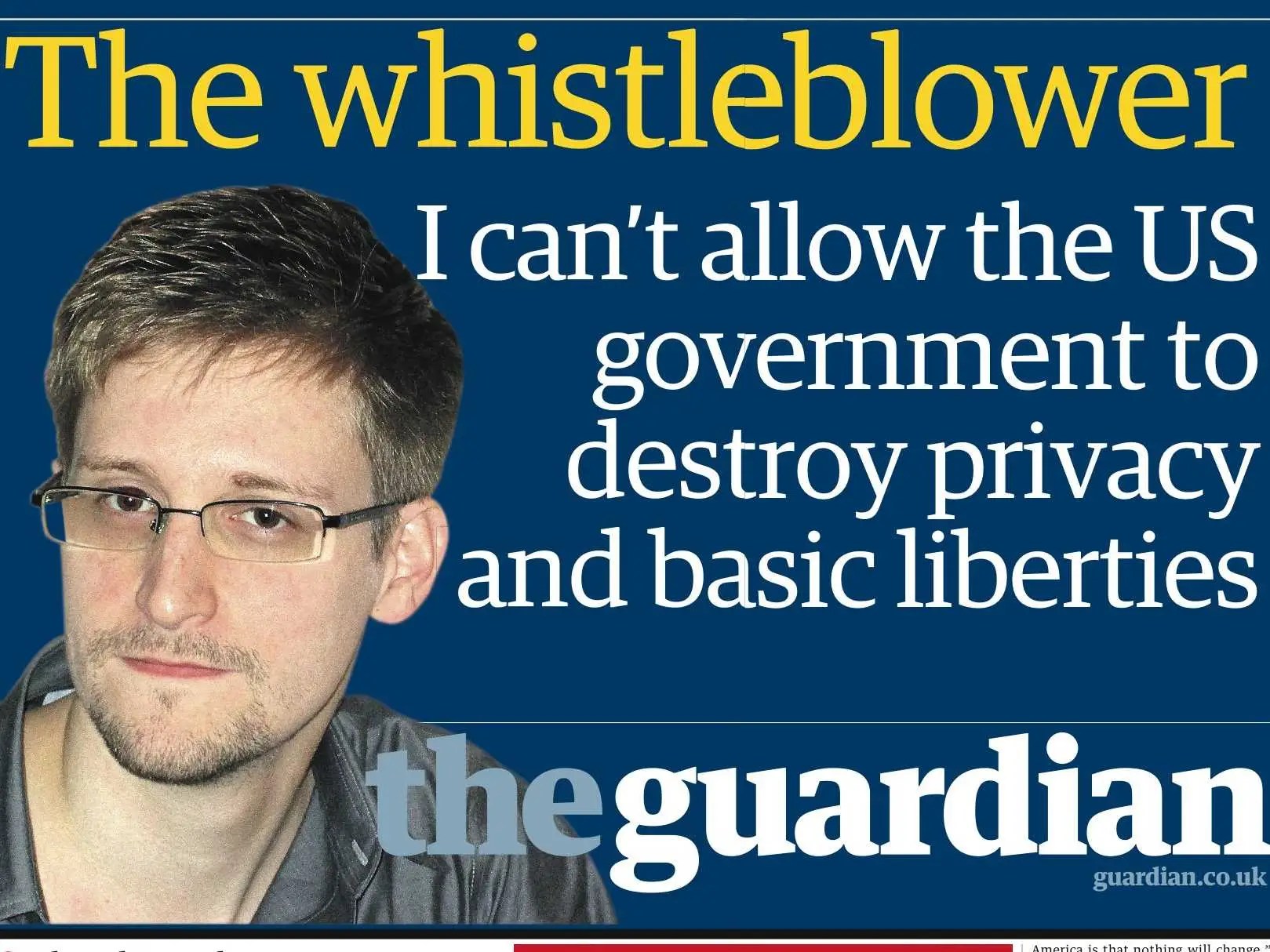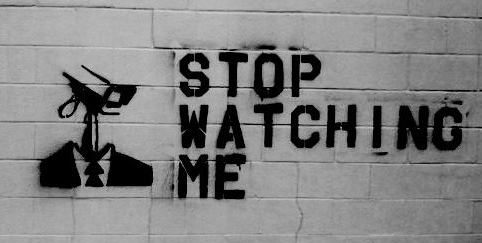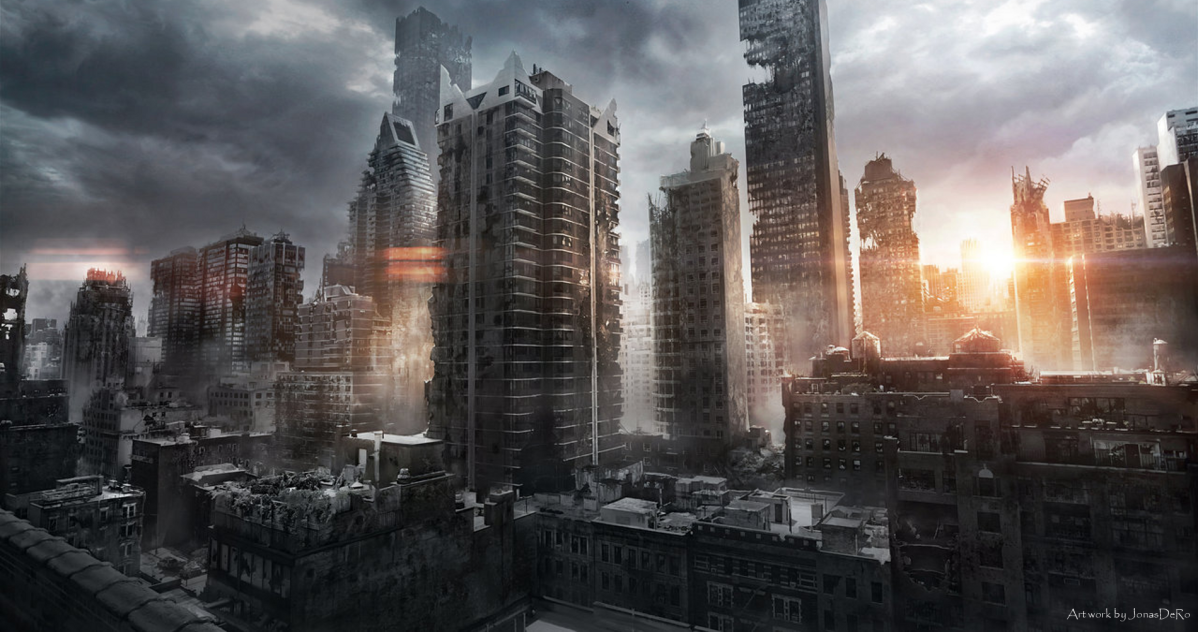So I’m Max… this will be a nice and fruitful discussion. Today we want to talk about a few articles and movies and how they relate to this week’s topic, which is social divergence and political unrest. So we’ll introduce each major work that we’re going to examine separately, but today plan to understand: why these pieces were made, what they reveal about modern society, and what they predict for the future.
So first let’s talk about the movie you hopefully watched sometime soon and that we just saw a clip of… In Time. Honestly, not a great film, but there are a lot of juicy concepts we can get into here. Time is a literal currency, people stop physically aging at 25, there’s drastic ‘wealth’ inequality, and the wealthiest can achieve immortality. WOW! What a world! So our first question is going to focus on immortality and we thought this excerpt from a video might give an alternative perspective. *Watch Why Die*
Okay so based off In Time and that video, whadaya think? If we had an infinite number of years to live, would we be happy or should we accept death as an inevitable and necessary part of life?
I think that, as crazy as it sounds, maybe we should get rid of death if you know I’m saying. I know some would argue that death gives life meaning, and it’s true without a ticking clock some people may struggle to do something when they can always do it tomorrow. However, people seem to like the idea of a heaven in which they live forever and are always happy. Therefore, couldn’t we just do this in real life? That would be pretty great. There will need to be advances in our understanding of emotional intelligence for this to be feasible. Yet, I can see this working out. I mean, I don’t want to die if I don’t have to. Do you?
Good job group 1. Now let’s watch a quick clip from a trailer for In Time which highlights its plot development and shortcomings.
Rivetting. So what’s this article about Steph? It analyzes all the references and concepts brought up in the film. It also calls it the first movie of the occupy wall street era.
“Because the nature of the class appropriation of wealth is described so crudely, the “revolutionary” means by which it is resisted inevitably present in equally crude terms, as the isolated and individualized resistance of two individuals who simply try to “steal back” time from those who have filched it in the first place.”
Basically, it says the film oversimplifies the social inequality to which it brings attention. Because of this distortion, the ending lacks emotional or rational weight. But let’s turn this over to you group 2: (Oh me?) What do you think is a better way to end this film?
The review article of In Time points out the shortcomings in the film’s ending. “That In Time is not going to enter the echelon of great science fiction is not of prime concern here. What is of more interest is how the film itself acts as a barometer for social change.” In Time overtly points out the social inequality particularly salient during the Occupy Wall Street era, but fails to offer a satisfying resolution outside of the anarchical wealth redistribution seen at the end of the film. What do you think is a better way to end this film in which society will not immediately crumble from the halting of factory production and other consequences JT (Salas) didn’t foresee?
One of In Time‘s biggest flaws is its lack of depth. For a film which highlights wealth inequality and presents a hero who rejects the status quo, the manner in which Salas rejects the nebulous economic system is downright anarchy. If Will had more foresight he would have been able to see that he needed a plan to change the corrupt system instead of toppling it over creating a power vacuum any organized group could fill, which could be even worse than the corporate oligarchy we see in power at the beginning of the film. Will should have bought ads and educated the people across timezones of the corruption while slowly stimulating the economy of the poorer districts so that they could slowly come out of poverty and the nation didn’t lose its labor force. Basically, he should have planned ahead. Salas even could have just called an economist. Once he had stolen a significant amount of capital, he had the power to cause tangible change, Salas just didn’t think it through.

Perhaps, as unlikely as this may be, the director was attempting to show the shortcomings of the Occupy Wall Street movement, which many criticized as a call for change without a plan for implementation. If this is the case, this film acts similar to a farce, wherein the humor is so dry it appears to be a typical Hollywood film on the surface.
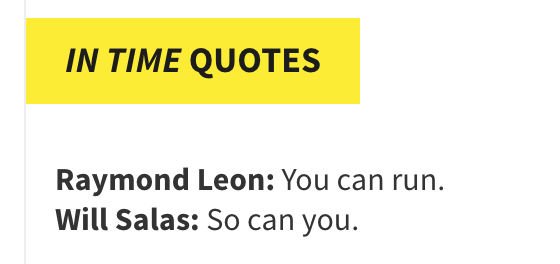
Normally I’m not a conspiracy person, but you know what: In Time is a brilliant film. It may hide behind a drab, over-produced exterior, but within is a layered meta-commentary on the movie industry, the science fiction genre, posthumanism, and of course the American economy.
Great job group two! That was astonishing. Now let’s take a gander at this clip from the hunger games…
Inspiring. So, now let’s look at the second article: Precarious Dystopias. Basically, it analyzes three films which you’ve probably seen. These quotes are analyzing hunger games and I thought they gave a good sense of what the article does. In the first quote: “feelings of betrayal and resentment rising in a generation asked to accept that its quality of life will be worse than that of its parents”, the idea that our generation has been raised to believe everything is getting worse, now whether you agree with that is another discussion, but this sort of political analysis takes place all throughout the article and it’s generally a rather bleak look at what these films are saying about the current political climate. The second quote,“In an inversion of Hobbes, the war of all against all emerges as an artificial condition”, references Thomas Hobbes: a dude who thought everyone was, at their core, evil. By calling the hunger games anti-Hobbesian, Fisher argues for an optimistic perspective of humanity and a pessimistic view of society.
That being said, let’s get to the question: Do you agree with Fisher? How would you categorize modern society? I don’t think society is disintegrating. In fact, I think it’s growing and becoming better. It’s easy to feel like everything is going to crap, but ultimately the future looks bright as long as we don’t blow ourselves up. One thing that may be, at least, deteriorating is neoliberalism. All markets are regulated on some level. Granted, I don’t imagine President Trump is going to impose more regulations on the economy, but that doesn’t mean that we live in a completely free-market. I think that political power will swing back in favor of the left in the next election cycle. Besides that, I hope that America abandons the current two-party dominance that has come to characterize our political climate. I would label our society as segregated, but diverse. Globalism will continue to spread and those fighting to stop it may end up losing more than if they had accepted it.
That was lit group 3. Onto the last article: Apolitical Adolescents. It takes a look at political activism in the youngest voting demographic. In general, this group is often underrepresented in voter turnout. However, since 9/11 there has been an increase in political activism in adolescents. YA dystopian literature has become increasingly more popular since 9/11… You get the jist. Now for the last group question. How does (the even more recent) rise in super-hero movies effect or mirror the political climate or youth sentiment?
Well here’s the thing. Everyone is talking about dystopian fiction, but the most popular IP’s have been superhero themed. What is it about superhero movies that have made them so popular? In many ways, these films center around a vigilante who operates outside, sometimes even in contrast to the government. These films also show a certain discontent for the current state of society.
I feel like this post may be longer than it should be so I’m going to fast-forward to the finale: What does all this say about the future?
We live in a time where everything is changing faster than ever. The internet and other new technologies have both brought people together and polarized groups more drastically than has ever been seen. I think Dystopian fiction is seeing a decrease in popularity more recently. The Walking Dead has its lowest ratings since season 2 (which was super boring), and I can’t think of any hot movies or books that have come out in the past year which take place in a dystopian society. I think youth engaging in alternative forms of political activism is great, but unless young people vote more they will continue to be underrepresented by our legislation. Old people are going to die though. So we’ll see what will happen. Overall, I am optimistic when looking towards the future of society and even if America is incredibly polarized, I’m confident we will work hard to find a solution.



